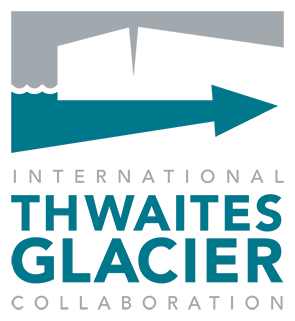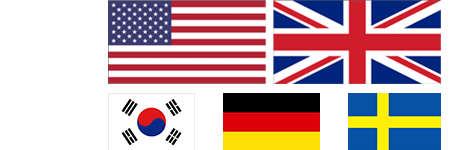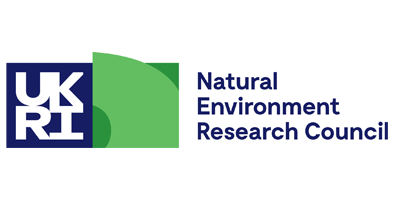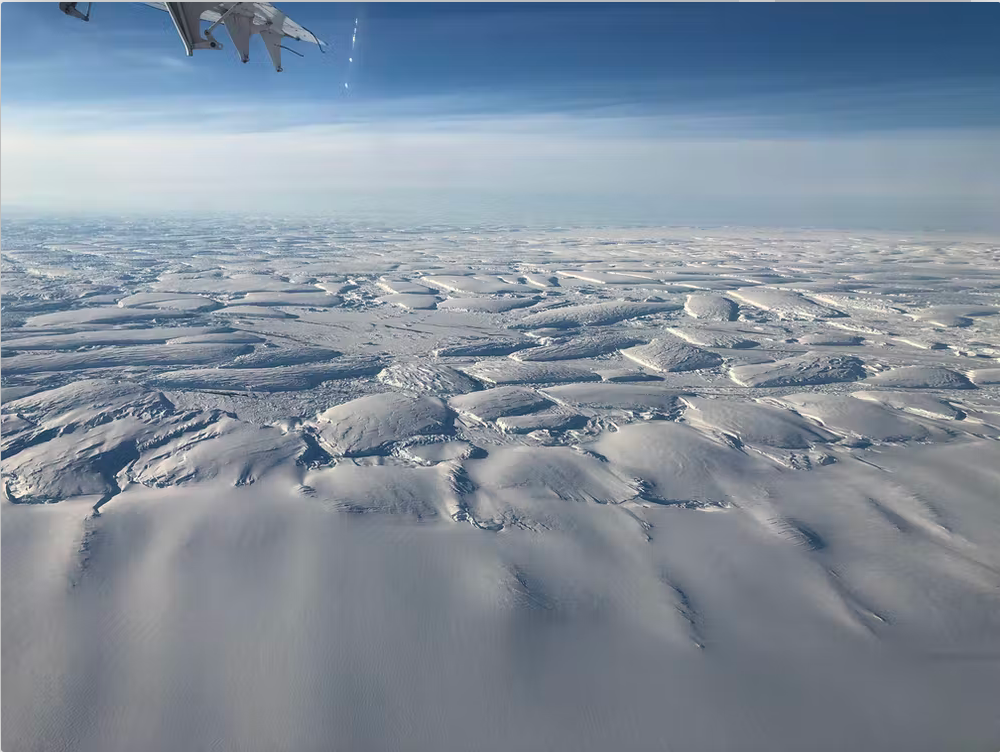
How the mighty Thwaites Glacier in West Antarctica could contribute to global sea-level rise will form part of the final episode of the BBC Natural History Unit’s blockbuster series Frozen Planet II this Sunday 16 October in the UK on BBC ONE at 8.00pm (UK BST), available to UK audiences only at this time.
After five episodes following the stories of the charismatic animals that depend on the icy landscapes on Earth, and their battle as their environment is changing, the last programme ‘Our Frozen Planet’ will show the people who live there and the scientists studying these places on the front line of climate change. The show is narrated by Sir David Attenborough.
An international group of scientists, part of the International Thwaites Glacier Collaboration (ITGC), are on an urgent mission to assess the stability of Thwaites Glacier. If this huge body of ice, the size of the UK or the US state of Florida were to melt, it would raise global sea levels by up to 65 cm and impact coastal communities across the planet. Viewers will join the BAS-led MELT team from ITGC, as they deploy a probe called Icefin through the ice into the ocean below. It is all part of a big effort to piece together how much and how fast the glacier might change and contribute to sea levels. The Icefin team are led by Britney Schmidt, from Cornell University, who marvels at the images of the ocean beneath at the grounding line and what secrets they reveal about how the glacier is changing. Sridhar Anandakrishnan, from Penn State University and part of the GHOST and MELT projects, will explain how Thwaites is changing and why that matters.
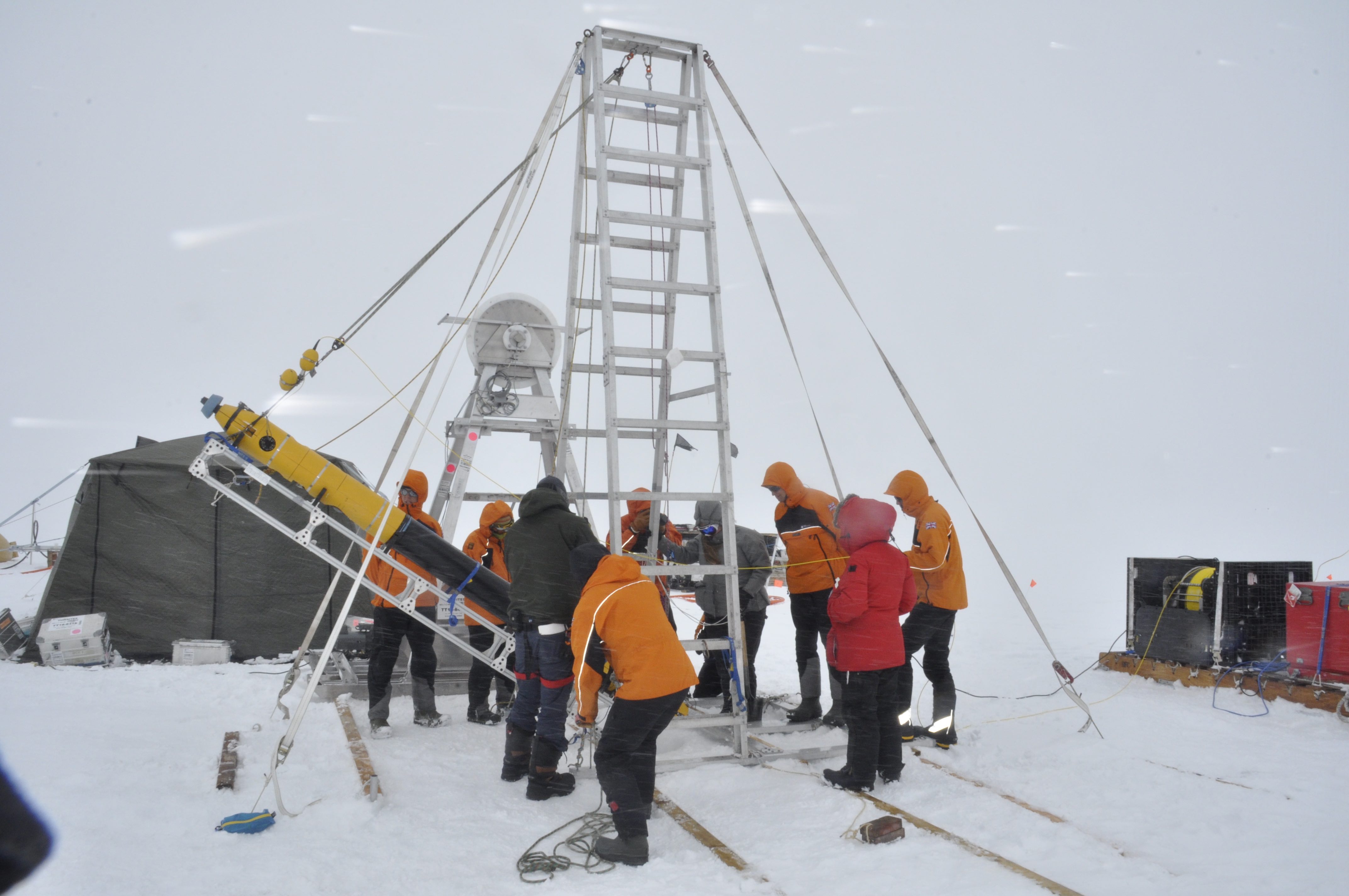
BBC Cameraman Ben Sadd joined Thwaites scientists on the ice in 2019, living under canvas in the deep field, in cold and hostile conditions to document the science in action. Footage shown in the programme was also captured and shared by MELT team members including Daniel Dichek.
These unprecedented changes the scientists are witnessing in this episode may be profound, but there is hope: that through a combination of technology and willpower there is still time to save what remains of our frozen planet.
Filmed in ultra-high definition using the very latest camera technology, and featuring dramatic new behaviours, intimate stories and sensational natural spectacles filmed for the very first time, this six-part series is a chance to experience the wonder of our planet’s frozen realms as they stand on the brink of major change. As temperatures rise at an unprecedented rate our frozen planet is literally vanishing before our eyes. The series reveals the true impact on both wildlife and humans and meets scientists who’ve dedicated their lives to understanding what these changes mean – not just for the animals and people who live there, but for the planet as a whole.
It took the BBC Natural History Unit (NHU) four and a half years of filming across 18 different countries to produce the six-part series. Mark Brownlow, executive producer of the series, points out that Frozen Planet II is not just about capturing nice footage but also “draws attention to changes going on now”.
Find out more or watch on BBC iplayer here (only available to UK audiences). Frozen Planet II will be broadcast in the US in early 2023.
